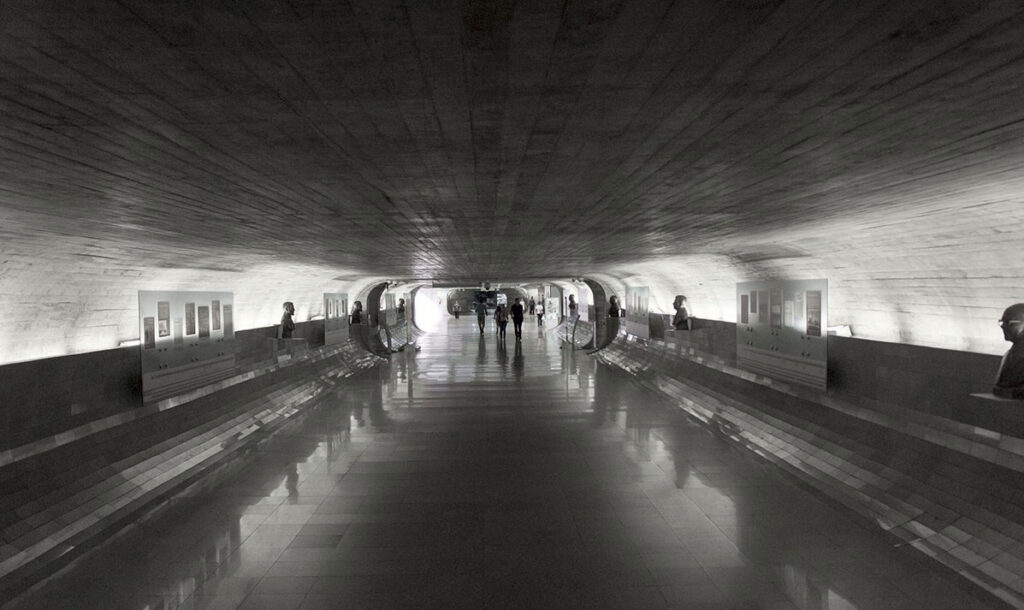
Participation and Political Representation: theories and practices
Coordinator: Debora Rezende de Almeida
This line of research deals with the action of social actors in their interaction with the State from three theoretical perspectives: political participation, deliberation and representation. It covers research projects that deal with the participation of society in participatory institutions and beyond; processes and institutions of deliberation, both from a micro and systemic point of view, and political representation in the electoral and non-electoral arenas. In the field of political representation, research involves a theoretical resumption of the different meanings of the concept, while seeking to rethink classical dimensions, such as accountability and responsiveness..

Institutional activism and political institutions
Coordinator: Rebecca Abers
The analyses developed under this line of research studies the relationship between social movements and bureaucracies, focusing on the role of various types of actors in the construction of institutions and public policies. We draw attention to the specificities and varieties of activism – understood as proactive action in defense of contentious causes – of state actors. The examination of the struggles and strategies of networks of actors who cross and interconnect the state and society makes it possible to open the black box of the State, launching light on their heterogeneity and on the dynamics of power and contestation within it.

Mobilization and Digital Practices: between networks, streets and offices
Coordinator: Marisa von Bülow
The general research question that guides the work of this line is: what are the impacts of new digital technologies on politics? Projects ranging from the theme of Internet governance to the impacts of new technologies on the forms of organization of social movements, collective action repertoires and electoral processes gather around this line of research. The group also actively contributes to methodological debates on data collection and analysis processes of social media and online platforms.

Social movements in the Brazilian political system: activism, representation and new technologies
Coordinators: Debora Rezende de Almeida, Marisa von Bülow e Rebecca Abers
In recent years, strong changes in Brazilian politics have been transforming the conditions and challenges for social movements’ actions. The Covid-19 Pandemic has added another layer of crisis in political and social life. The research examines how movements seek to confront these challenges. How do movements interpret ongoing crises and how does this interpretation affect their construction of frameworks and repertoires for collective action? The research is mainly carried out through case studies of different social movements. Another project in this line of research is the Repository Mobiliza Covid that disseminates information about society’s actions during this moment. We are also studying new forms of electoral representation, the “collective mandates”, and other innovations in the relationship between social movements and political institutions.
